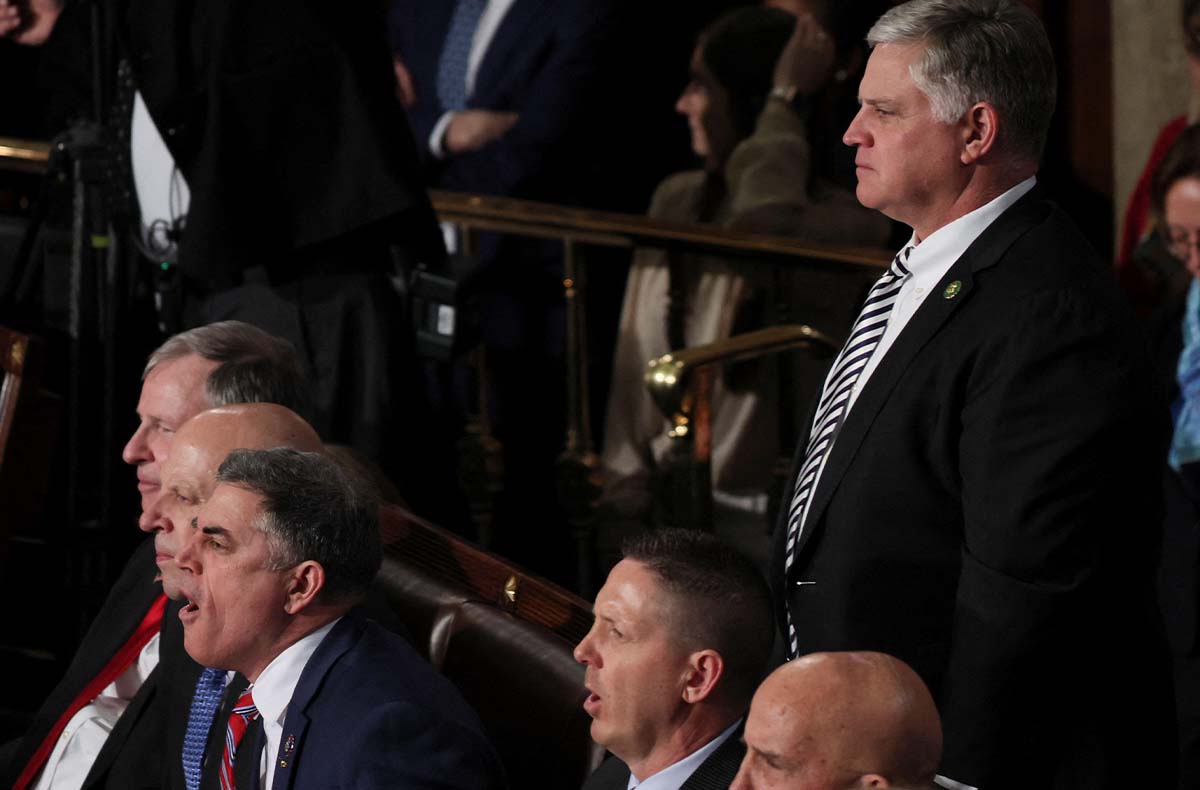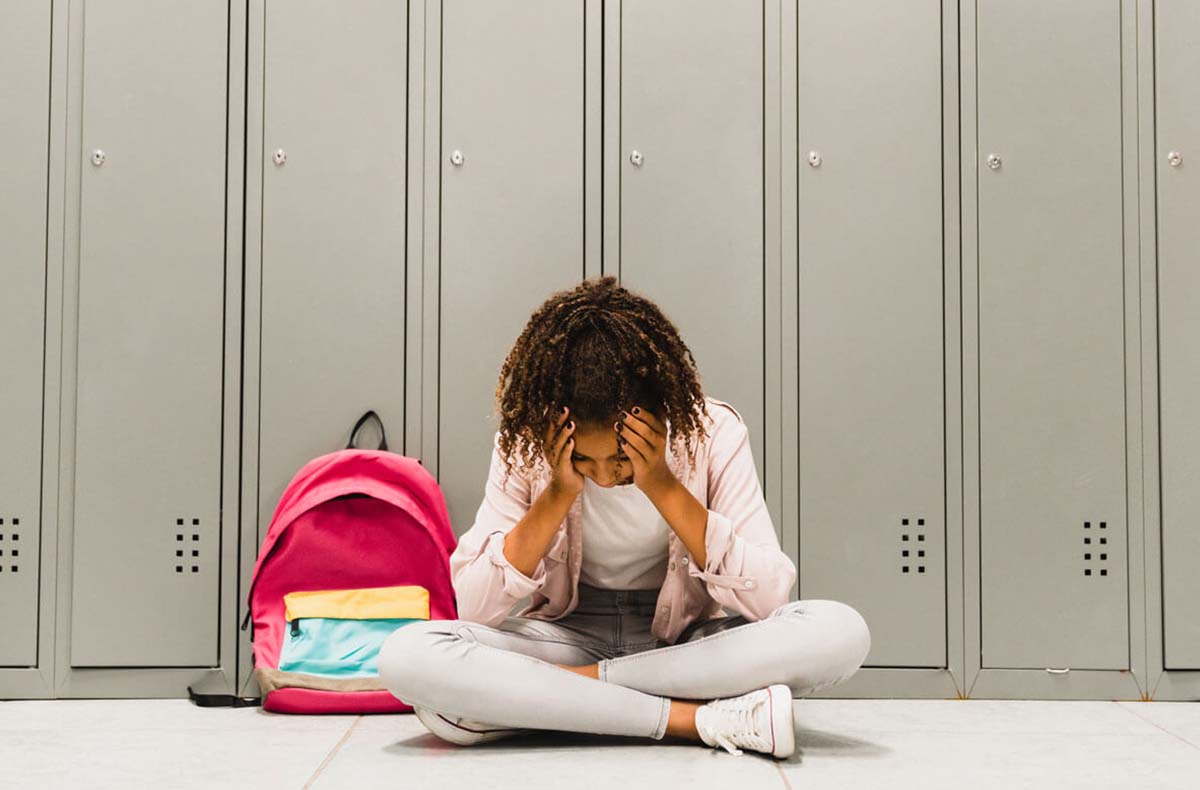
If President Biden were a teacher and hecklers during the State of the Union were students in his classroom, he would have been calling for the school psychologists or counselors to come to observe and support. If these students were Black, he would have called the school resource officer. And if the students had disabilities, he would have called the principal to suspend them.
No matter what the scenario, I assure you that the disruptive students most certainly would not have been excused for being “passionate.”
In the educational sphere, such disruptive behaviors—often referred to as externalizing behaviors—are generally understood as attention-seeking behaviors that might also indicate difficulties with compliance in social settings, hyperactivity or impulsivity, antisocial behaviors, and bullying, aggressive or violent actions. There are decades of academic research linking these behaviors in students with underperformance, school failure, skipping class, dropping out of school, risk-taking, physical violence, and involvement in the juvenile justice system.
Watching the State of the Union that Tuesday night, I couldn’t help but wonder what this display is foreshadowing for our nation’s political leaders.
To be sure this is certainly not the first time externalizing behaviors have been on display during a state of the union address. Perhaps you remember when former Speaker of the House Nancy Pelosi tore up Donald Trump’s speech at the end of his 2020 address. Or a decade earlier, when representative Joe Wilson accused President Obama of being a liar during his address.
These disruptive actions are on the rise in our nation’s classrooms, boardrooms, and courtrooms—and so is our excusing of them. It’s everywhere you look: homophobic slurs by billionaires, destructive actions by athletes, aggressive outbursts by celebrities.
To be clear, there are many ways to demonstrate your passion that are respectful and mutually beneficial to your interests and that of your community. If you’re interested in developing the skills for civil discourse, agreeing to disagree, and respectful interactions with others, take a look at social and emotional learning, or SEL—programs that teach students active listening, perspective-taking, and problem-solving. In fact, a landmark new study found robust evidence of the effectiveness of SEL in reducing student externalizing behaviors.
Ironically, the same people who are afraid of what our nation’s youth are learning in school are seemingly unafraid of what our kids are learning from their modeling. I can imagine the questions I will get after my fourth grader sees this behavior while watching his news brief in class. “Why were they booing, mommy? Why were they being so rude? How come they are allowed to make faces and give the thumbs down?”
How different would the State of the Union be if politicians harnessed the skills and strategies of SEL instead of banning them?
Here are three SEL skills that would inform the national discourse:
Self-Awareness is a hallmark of SEL, which includes recognizing your emotions and that all your emotions are information. When we identify how we feel and why we feel that way, we make better decisions.
Social Awareness is the development of perspective-taking, empathy, and the recognition of our similarities and differences.
These skills support Responsible Decision Making, the ability to make constructive choices, accounting for multiple perspectives and realistic evaluations of consequences, and promoting the safety and well-being of ourselves and others.
To be clear, while there is no right way to feel, there are unhelpful ways to act on your feelings. With increased self- and social awareness, we have an opportunity to make responsible decisions that restore our collective humanity and commitments to each other.

